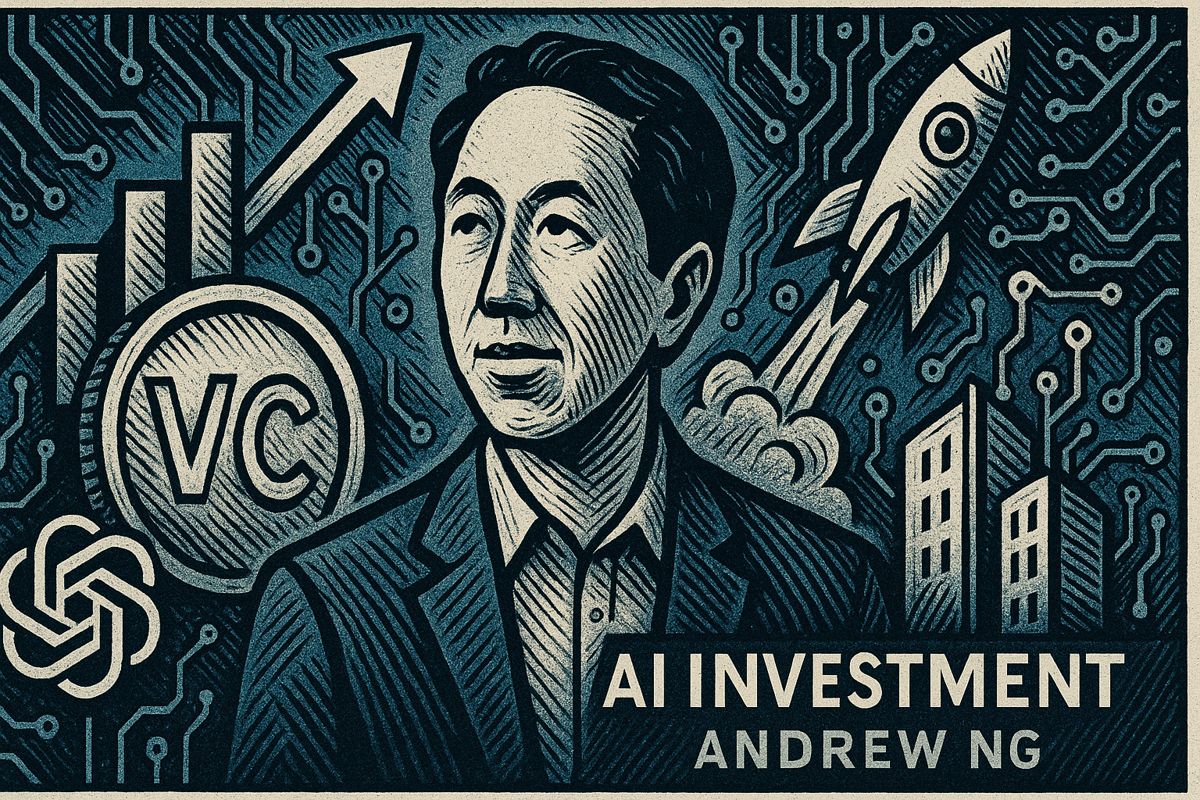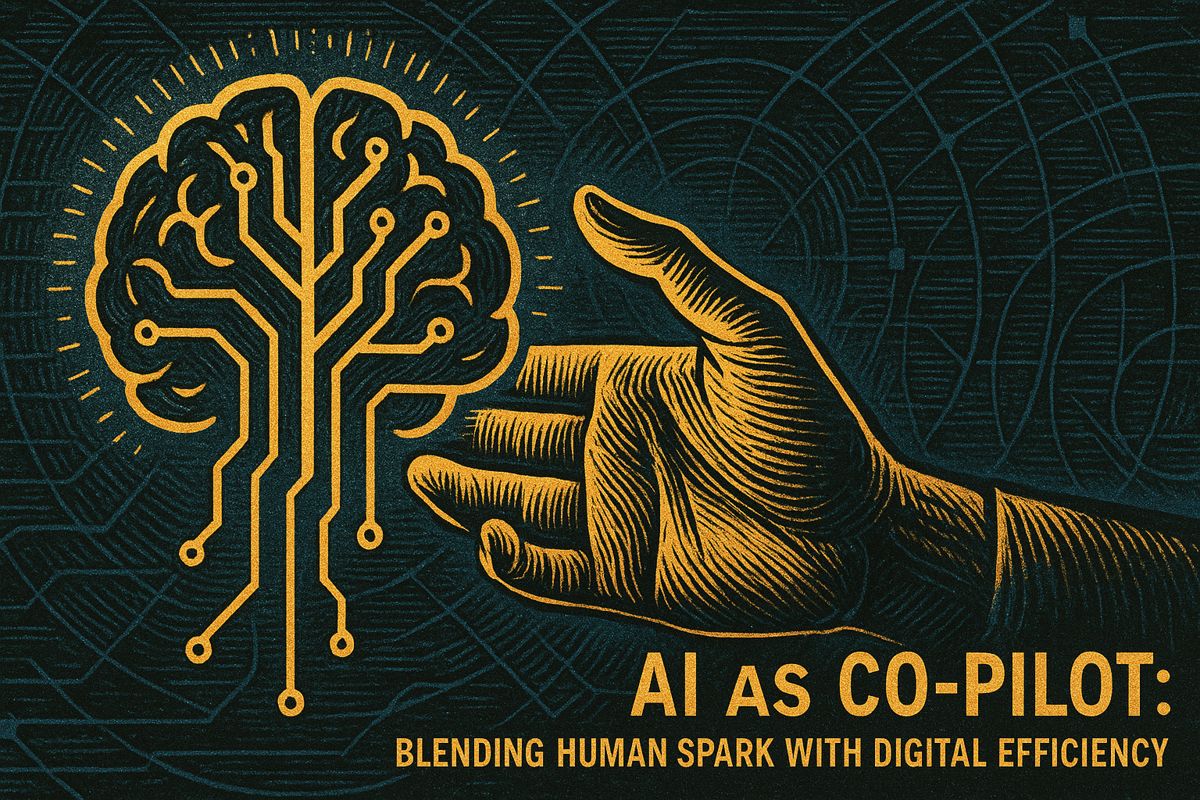Tinker is a new tool from Thinking Machines Lab that makes it easier for developers to fine-tune big AI language models. With Tinker, you don’t have to worry about complicated technical setups because it handles the hard parts, like managing computer clusters and saving progress. Developers can focus on training their models with special data and trying out creative ideas, instead of fixing technical problems. Early users, including big universities, say it’s much faster and simpler to use than other tools. Tinker stands out by giving lots of control to users while still being easy to set up and use.
What is Tinker and how does it simplify LLM fine-tuning for developers?
Tinker is a Python API from Thinking Machines Lab that streamlines large language model (LLM) fine-tuning by offering granular control over training while handling infrastructure automatically. It supports leading models, manages clusters, and uses LoRA for efficient training, appealing to advanced users seeking both transparency and simplicity.
A closer look at Tinker – Thinking Machines Lab’s fine-tuning engine for 2025
Developers have been searching for a middle ground between black-box fine-tuning services and the heavy lifting required by manual distributed training. Thinking Machines Lab, the new venture led by former OpenAI CTO Mira Murati, believes it has found that balance with Tinker , a Python API that exposes core training primitives while hiding infrastructure headaches.
What the private beta offers
- Launch status – Tinker opened its wait-listed private beta on 2 October 2025, remaining free for early users while the team prepares usage-based pricing Thinking Machines Lab blog.
- Model coverage – Current support spans Meta’s Llama family, Alibaba’s Qwen line, and large mixture-of-experts variants such as Qwen-235B-A22B.
- Granular control – Key functions like
forward_backwardandsampleallow researchers to plug in custom loss functions, data filters, or RL loops without writing any distributed systems code. - Managed infrastructure – Jobs run on Thinking Machines’ internal clusters. Scheduling, resource allocation, checkpointing, and failure recovery are handled automatically, freeing teams to focus on data quality and experiment design.
- Efficient weight updates – Fine-tuning relies on Low-Rank Adaptation (LoRA), reducing the parameter count that must be trained and cutting GPU memory needs – a critical factor when working with models above 70 B parameters.
Early research momentum
University groups have already put the service through its paces:
* Stanford* * used Tinker to train a reasoning-heavy model for graduate-level chemistry problem sets.
* Princeton * explored mathematical theorem proving with a 70 B-parameter Llama checkpoint plus a small corpus of formal proofs.
* Redwood Research* integrated custom RLHF loops for AI-control studies, leveraging Tinker’s sample primitive to inject policy updates between inference steps.
According to Andrej Karpathy, “Tinker dramatically simplifies LLM post-training. You keep ninety percent of algorithmic creative control while the platform handles the parts you usually avoid.” His assessment lines up with feedback from @_kevinlu, who noted that reinforcement learning atop frontier models had been “painful” before Tinker’s abstractions.
Addressing the data bottleneck
Supervised Fine-Tuning is often limited more by dataset curation than by GPU capacity. By abstracting away infrastructure, Tinker lets teams redirect time toward gathering domain-specific corpora, human feedback, or synthetic examples. Early users report setting up an experiment in minutes, then iterating on prompt-response pairs or reward functions without re-architecting their pipelines.
Where Tinker sits in the 2025 landscape
Fine-tuning as a service is an increasingly crowded arena. OpenAI, Anthropic, Together AI, Fireworks AI, and Mistral AI each provide hosted options, while platforms like Kili focus on labeling workflows. Tinker’s differentiation lies in the level of abstraction it offers: lower than the turnkey “upload your CSV and click train” model, yet higher than spinning up DeepSpeed clusters solo. The balance appeals to advanced users who value both transparency and time savings.
| Provider | Abstraction level | Supported weights | Pricing (Oct 2025) |
|---|---|---|---|
| Tinker | Low-level API, auto infra | Llama, Qwen, MoE | Free beta, usage rates pending |
| OpenAI | Endpoint-only | GPT-3.5, GPT-4 | Per-token |
| Anthropic | Endpoint-only | Claude models | Per-token |
| Together AI | Mid-level SDK | Multiple OSS | Usage-based |
What to watch next
The company plans to roll out public tiers and publish detailed pricing “in the coming weeks”. If the service keeps pace with community demand – and if early reports of smoother RLHF loops hold up – Tinker could become a go-to environment for niche scientific and enterprise model customization.
What is Tinker and why did Thinking Machines Lab build it?
Tinker is a low-level Python API that lets researchers write training loops on their laptops while Thinking Machines Lab’s clusters handle the distributed execution, scheduling, and failure recovery behind the scenes.
The team built it because classic “upload-your-data” black-box services strip away the algorithmic creativity that researchers care about, yet building a full fine-tuning stack in-house is still too painful for most labs.
Which models can I fine-tune with Tinker today?
The private-beta fleet already hosts Meta Llama (3.x line) and Alibaba Qwen families, including the 235-billion-parameter mixture-of-experts variant Qwen-235B-A22B.
All weights stay open-source compliant, so the tuned checkpoints can be exported and run anywhere after training.
How does Tinker lower the data barrier that usually kills SFT projects?
Instead of asking teams to prepare perfect million-example sets, Tinker exposes a sample primitive that lets you stream on-the-fly curated batches, iterate on data quality in code, and even mix RL and SFT in the same loop.
Early adopters at Princeton, Stanford, and Berkeley cut their data-preparation wall-clock time by ~40 % while reaching the same downstream scores.
What will Tinker cost when the free beta ends?
Thinking Machines Lab has confirmed usage-based pricing will appear “in the coming weeks,” but no public rate card exists yet.
For now, compute hours on internal clusters are free, making it the cheapest way to experiment with frontier-scale fine-tuning.
Who are Tinker’s main competitors in 2025?
The closest alternatives fall into two camps:
– Closed-model giants – OpenAI GPT-4 fine-tune endpoints and Anthropic’s Claude tuner – that lock you into their weights and pricing.
– Open-model clouds – Together, Fireworks, Kili – that still hide the training loop behind a web form.
Tinker’s pitch is unique: you keep 90 % of the algorithmic knobs (loss, sampling, data mixing) while the platform absorbs the distributed-system chores.



















